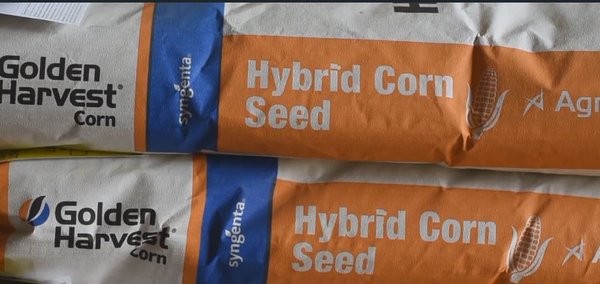Major chemical manufacturing firm China National Chemical Corporation (ChemChina) downplayed concerns about its acquisition of Swiss seeds and pesticides company Syngenta, saying that the deal will have a positive impact on global food security.
According to a spokesperson for the company, who declined to be named, the deal with Syngenta will be beneficial to farmers around the world as it will help them "increase production and maintain sustainable development," the Global Times reported.
ChemChina released the statement in response to an online protest against its $43-billion deal with Syngenta. The all-cash purchase, which was announced in February, is considered to be the largest foreign acquisition made by a Chinese firm, to date.
In February, Chinese commerce ministry spokesperson Shen Danyang said that his office supports the deal as it will help in improving global food security.
However, several groups have expressed concerns about Syngenta's manufacture and use of genetically modified organisms (GMO's) in its products.
In a letter signed by 400 concerned individuals and sent to the state-owned Assets Supervision and Administration Commission of the State Council (SASAC), the signatories said that the deal could cause Chinese staple crops to be contaminated with GMT's. This, along with the use of agrochemicals that Syngenta is promoting, could potentially lead to the destruction of the country's agriculture, the protesters added.
According to Yang Xiaolu, one of the letter's drafters, ChemChina should immediately rescind the deal to avoid a potential disaster.
However, ChemChina did not say how the letter could affect the deal.
Syngenta, meanwhile, declined to comment, while an SASAC representative said that the office is still looking into the matter, Reuters reported.
In March, agriculture minister Han Changfu came under fire after he admitted that GMO corn was illegally grown in some parts of the country.



























